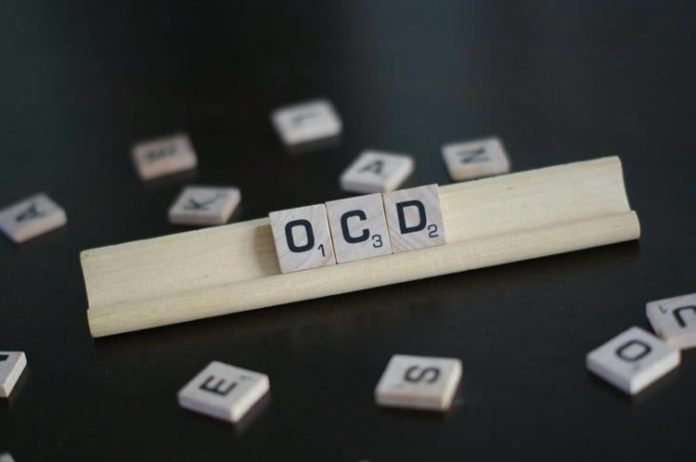Examining the levels of “fear of guilt” feeling in a patient with Obsessive-Compulsive Disorder (OCD) may help doctors treat him or her better, says a study.
The study, by University of Waterloo, said that fear of guilt evokes doubts regarding decision making, low confidence in the decisions taken and not feeling pleased with them.
This fear of guilt caused them to want more information before deciding any thing.
OCD-affected people generally show inflated feeling of responsibility and have higher levels of guilt feeling and feel responsible for any bad happening or harm due to their failure at some work, making them vulnerable to indecisiveness.
“This indecisiveness leads to difficulty terminating an action as well as evokes doubt as to whether an action was done properly, which leads to repetition of that action,” explained Brenda Chiang, lead author of the study that was published in the Journal of Obsessive-Compulsive and Related Disorders.
The study was done after analysing 63 under-graduate students from the university who had revealed low to high levels of fear of guilt since past.
“The current gold standard for treating OCD is Cognitive Behavioral Therapy, which has about a 50 to 60 per cent success rate if you include people who drop out because they can’t tolerate it or people who decline the treatment because they anticipate that they can’t do it,” noted Christine Purdon, Professor at the University of Waterloo.
She said that understanding the factors causing doubts and repetition in activity in OCD patients will help develop the treatment further.

















































